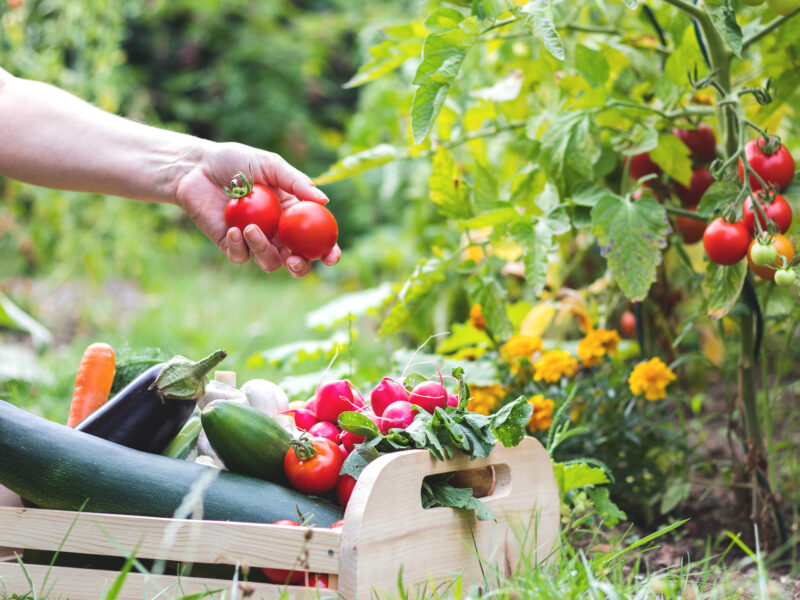There’s something incredibly rewarding about growing your vegetables. From the joy of nurturing tiny seedlings to the satisfaction of harvesting fresh produce, starting your vegetable garden is a delightful journey that connects you with nature and provides you with a bountiful supply of nutritious food. Whether you have a spacious backyard or a small balcony, anyone can embark on this green adventure. In this blog post, we will share practical tips to help you get started with your very own vegetable garden, allowing you to experience the joy of homegrown goodness.
Assess your space and sunlight:
Before diving into vegetable gardening, evaluate your available space. Determine whether you have a sunny spot that receives at least 6-8 hours of sunlight per day. Most vegetables thrive in full sun, so choose a location accordingly. If you have limited space, consider container gardening or vertical gardening techniques to maximize your growing area.
Start small and choose easy-to-grow vegetables:
If you’re new to gardening, it’s best to start small and gradually expand your garden as you gain experience. Begin with a few easy-to-grow vegetables like tomatoes, lettuce, radishes, or herbs. These plants are forgiving and require minimal maintenance, making them ideal for beginners.
Prepare the soil:
Good soil is the foundation of a successful vegetable garden. Remove any weeds or debris and enrich the soil with organic matter, such as compost or aged manure. This improves soil fertility, drainage, and nutrient content, creating an optimal environment for your plants to thrive.
Select quality seeds or seedlings:
When choosing seeds or seedlings, opt for high-quality varieties suited to your climate and growing conditions. Check the seed packets for information on planting depth, spacing, and days to maturity. Alternatively, purchase healthy seedlings from a local nursery to give your garden a head start.
Provide adequate water and care:
Water is essential for plant growth, so ensure your vegetables receive consistent moisture. Water deeply but avoid overwatering, as excessive moisture can lead to disease. Regularly monitor your plants for signs of pests or diseases and take prompt action to address any issues. Mulching around your plants can help conserve moisture and suppress weed growth.
Harvest and enjoy your homegrown produce:
As your vegetables mature, harvest them at the peak of ripeness for maximum flavor and nutrition. Enjoy the satisfaction of tasting your homegrown produce, and don’t forget to share your harvest with family and friends!
~ Your Neighborhood Health Dealing Nutritionist & Chef ~ K
Looking for a reset to your digestive system this season? My new book “Juice Your Way to a Spring Time Glow” is the perfect way to detox and refresh your body. Order your copy today on Amazon and get ready to glow from the inside out.



 The Benefits of a Whole Food, Plant-Based Diet for Athletic Performance
The Benefits of a Whole Food, Plant-Based Diet for Athletic Performance

